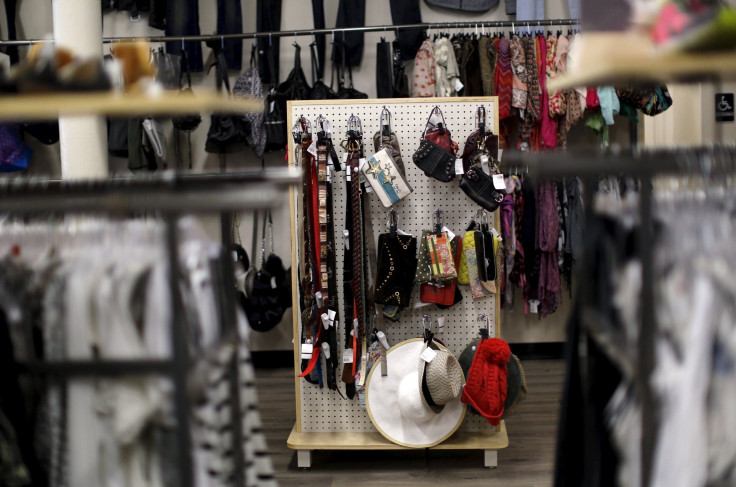US Small Business Confidence In August Rises Modestly, Pessimism For Future Remains Amid China Economic Woes

Small business confidence rose slightly in August, suggesting the economy continued to grow steadily halfway through the third quarter, even as analysts grew concerned about the financial impact of economic woes in China. The National Federation of Independent Business said its Small Business Optimism Index gained half a point last month, bringing it to 95.9, Reuters reported Tuesday.
The survey of 656 businesses suggested last month's fears of global economic turmoil following an economic slowdown in China had no noticeable impact on U.S. small businesses.
“Owners didn’t seem to be overly concerned about the antics of the stock market,” said William Dunkelberg, chief economist at the trade group, according to the Wall Street Journal. However, many of the surveys were conducted prior to China’s financial woes hitting the news, Dunkelberg noted.
Small business owners were reportedly mildly optimistic about sales, yet they did not believe it was a good time to expand their businesses and were pessimistic about their business situation over the next six months. The index contained 10 components, five of which increased last month, compared to three that declined and two that were unchanged.
Both job openings and earning trends rose by four points from July, while a growing number of business owners reported having a difficult time finding qualified applicants, the Wall Street Journal reported. Inventories and capital outlays were stagnant last month.
The U.S. Labor Department reported last week that nonfarm payrolls increased by 173,000 last month, the smallest gain in five months, according to Reuters. The survey hinted at the possibility of mild inflation pressures in the upcoming term, as 14 percent of small businesses said they reduced their average selling price in the last three months.
The findings come as fears over the effect of China’s economic turmoil have begun to subside. After years of double-digit economic growth, China’s economy slowed recently, leading the government to devalue its currency. Chinese officials have said the yuan can remain stable and continue to grow at a "reasonable" pace, despite the extreme volatility of recent months.
© Copyright IBTimes 2024. All rights reserved.






















